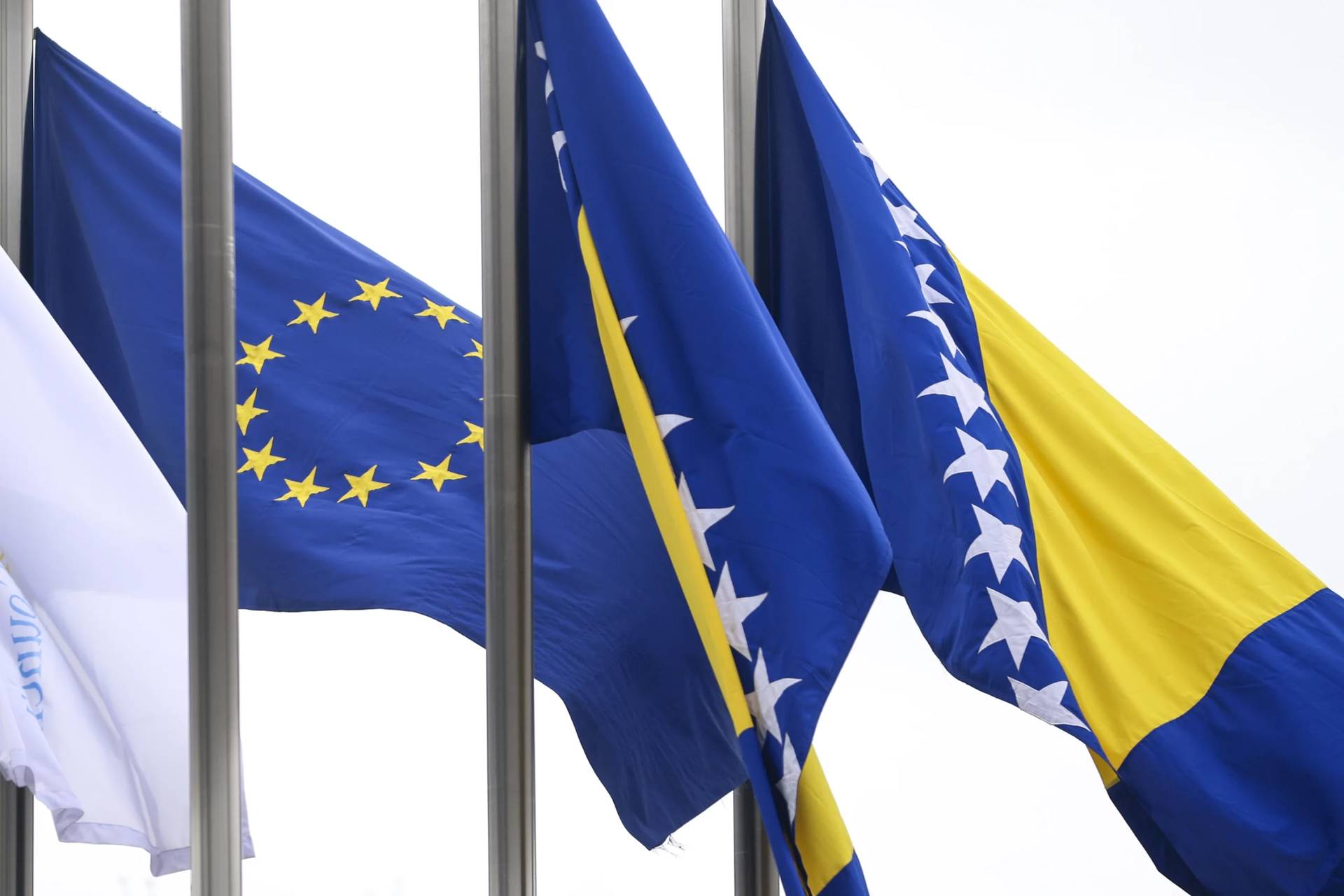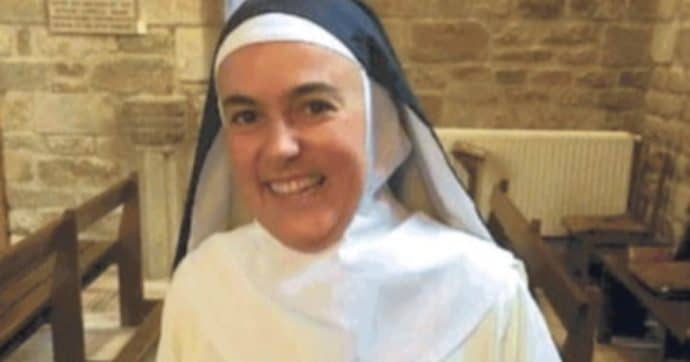ROME – A newly installed bishop in Spain has taken the unusual step of banning his local television station from carrying any content produced by the massive EWTN religious media conglomerate on grounds of preserving unity with the pope.
Bishop Fernando Prado Ayuso of San Sebastián, Spain conveyed his decision in a decree dated Dec. 19, 2022, just two days after he was formally installed as bishop of the diocese on Dec. 17, 2022.
“By virtue of the faculties that, as diocesan bishop, I have over the organization of communications media in the diocese and trying to favor the communion of the diocese with the Successor of Peter, I hereby decree that going forward, and until further notice, no content from the EWTN channel will be broadcast in the diocesan television BETANIA,” the decree said.
Betania TV is the formal diocesan media outlet, and regularly produces original programs in addition to featuring syndicated content and broadcasting Prado’s Masses and homilies.
In his decree, Prado asked that his decision be published in the official diocesan bulletin and that a copy be kept in the archive of the secretary general.
Founded in 1981 by Mother Angelica, an American Franciscan nun famous for her feisty sense of humor and direct rebukes of both bishops and so-called “liberal” trends in American Catholicism, EWTN is the largest Catholic media conglomerate in the world, with an international audience of more than 380 million television households in 150 countries and territories throughout the world.
In addition to their television content, EWTN also does their own radio programing and has hundreds of radio affiliates around the world. They also run a newspaper, the National Catholic Register, and an online news agency, the Catholic News Agency, in multiple languages.
EWTN CEO Michael Warsaw is a consultor for the Vatican’s Dicastery for Communications; however, the network has consistently received backlash for programming critical of Pope Francis and has been criticized for presenting their editorial stance as the only true interpretation of the Catholic faith.
Speaking to fellow Jesuits during his visit to Slovakia in September 2021, Pope Francis said that Catholic media critical of the pope do “the devil’s work,” saying, “I personally deserve attacks and insults because I am a sinner, but the Church does not deserve them. They are the work of the devil.
Asked by a Jesuit how he handles critics who look at him and his decisions with suspicion, Francis referred to “a large Catholic television channel that has no hesitation in continually speaking ill of the pope,” and while he didn’t mention any names, the remark was interpreted by many as directed at EWTN.
Later that year, EWTN was criticized by Cardinal Sean O’Malley from Boston, saying both social media and the EWTN network have created a distorted image of Pope Francis in the United States.
Speaking in an interview with Argentine newspaper La Nacion, O’Malley said the United States Bishops’ Conference is polarized, and that “There are also some bishops who are linked to a more conservative policy, and the Holy Father himself has commented on the situation of the EWTN television (a large American Catholic network), where many times the commentators are very critical of the Holy Father, at least of his ideas.”
British Vatican journalist Christopher Lamb in his book, The Outsider: Pope Francis and His Battle to Reform the Church, cited sources who said that Archbishop Christophe Pierre, the Vatican envoy to the U.S., had at one point voiced concern to Warsaw over EWTN’s coverage of Pope Francis. In the book, Warsaw admitted to meeting with Pierre about EWTN, but did not disclose what was discussed.
During a speech at a dinner in Rome hosted by EWTN in October of last year, Vatican Secretary of State Italian Cardinal Pietro Parolin stressed the importance for Catholic media of unity with the pope and of avoiding polarization.
“Catholic media, as you well know, has an important role in the task of the new evangelization. This is why it is good that they feel that they are an active part of the life of the Church, first of all by living in a spirit of communion with the Bishop of Rome,” he said.
This sense of communion, Parolin said, “is all the more urgent today in a time marked by overly-dramatic debates, also within the Church, which do not even spare the person and the Magisterium of the Pontiff.”
Follow Elise Ann Allen on Twitter: @eliseannallen
















